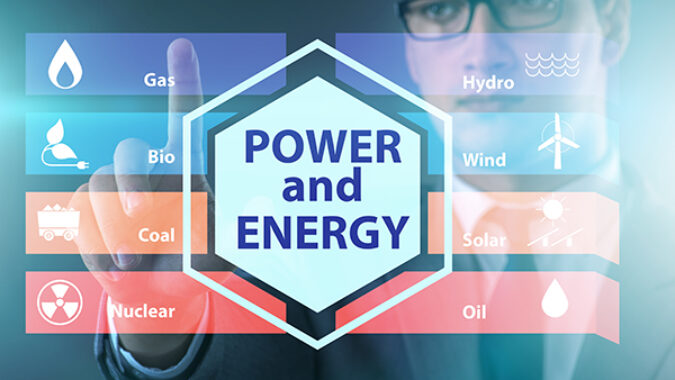New Jersey’s thousands of miles of underground natural gas pipelines are key to accelerating the state’s transition from fossil fuels to clean energy because this existing infrastructure is compatible with zero-carbon fuels and can be counted on to reliably deliver power to homes and businesses.
That was the message from Steve Westhoven, CEO of New Jersey Resources and its principal subsidiary New Jersey Natural Gas, who spoke to more than 270 attendees at the recent NJBIA energy summit “Energy & Decarbonization: A New Jersey Business Perspective.”
“By the year 2050, we believe New Jersey Natural Gas will be able to serve its customers with a carbon- neutral fuel supply,” Westhoven said. “And to accomplish this, the home heating infrastructure that you know today for the delivery of natural gas will transition to carbon-neutral and zero-emission fuels like renewable natural gas and hydrogen.”
Westhoven said the existing natural gas pipeline infrastructure will “help New Jersey meet its clean energy goals more quickly, more affordably and with greater reliability than other approaches.”
Over the years, more than $17 billion has been invested in maintaining 35,000 miles of natural gas delivery pipelines throughout New Jersey, and these are critical assets, Westhoven said.
“Natural gas infrastructure in New Jersey and in the U.S. as a whole has already been built, paid for, is in service and highly reliable,” Westhoven said. “And with appropriate upgrades, like replacing cast iron pipe with modern plastic, it’s highly compatible with zero-carbon fuels.”
Unlike natural gas from fossil fuel, renewable natural gas is derived from methane produced by landfills, sewage treatment plants, and other biological sources. It can be used for anything that natural gas is used for, including powering vehicles and heating homes. Carbon-free green hydrogen, which is produced through electrolysis of water with electricity generated by low-carbon power sources, can be burned to produce heat or stored in pipelines for later use during times of peak demand.
Westhoven said New Jersey Resources recently completed construction of a green hydrogen project in Howell that is the first project of its kind on the East Coast.
“This facility has begun producing 100% carbon-free green hydrogen through electrolysis, essentially converting renewable energy into zero-carbon fuel,” Westhoven said. “This green hydrogen is then blended into our network to serve homes and businesses right now. This small system alone will offset 180 tons of carbon emissions per year.”
Retrofitting and improving the existing pipeline system, together with energy efficiencies and other carbon-reducing technologies, will help New Jersey achieve its clean energy goals more quickly than approaches that rely too heavily on electricity generated from wind and solar, he said.
Changing weather conditions mean wind and solar energy are not constant energy sources. These intermittent power sources also pose storage challenges.
“By using what’s already built and paid for we can avoid the massive costs of a new build of the electric grid, potentially lowering the cost of energy transition by billions of dollars for governments and households and businesses like yours,” Westhoven said, referring to pipeline infrastructure.
To watch Westhoven’s complete presentation, go here.




